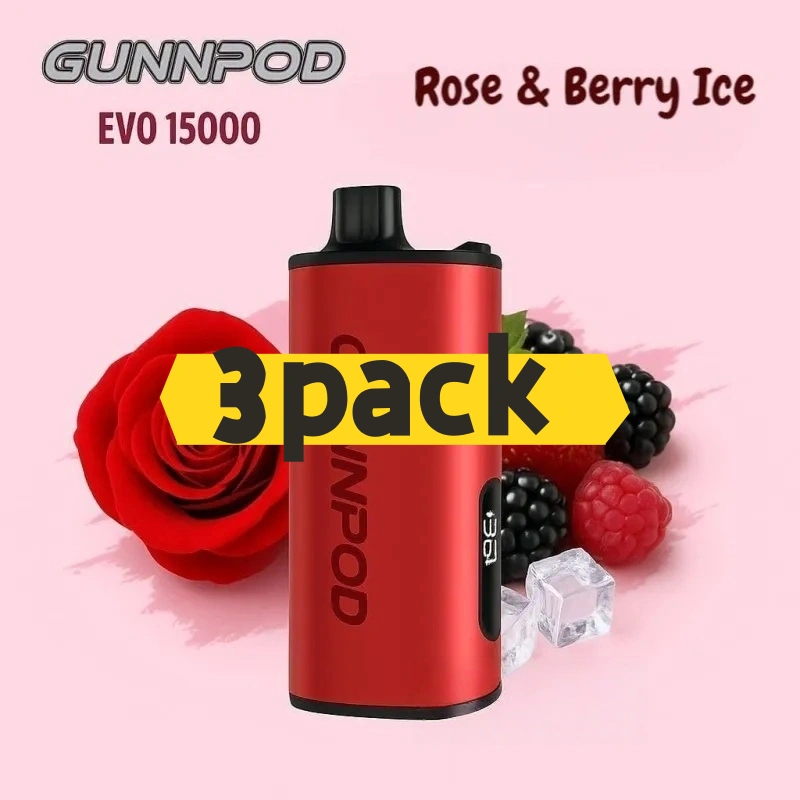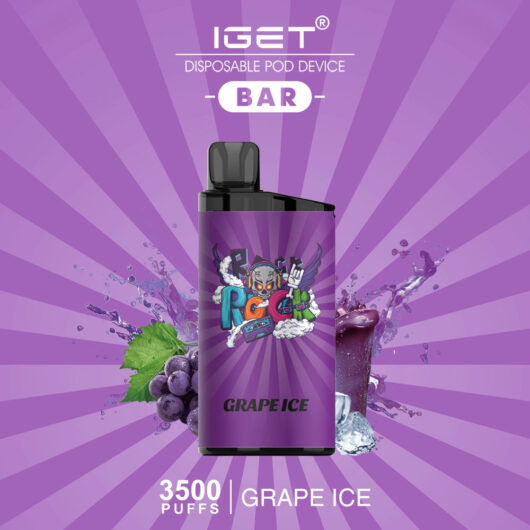Blog
Find the Best Kiwi Shop in Brisbane | Top Vape & E-Liquid Selection

Article Overview
🚀 Key Takeaways
- Brisbane hosts specialist retailers offering authentic, high-quality Kiwi-brand e-liquids and vaping hardware.
- All products are compliant with Australian regulations, including the prescription model for nicotine.
- Stores provide expert advice on device compatibility and flavour profiles for both new and experienced vapers.
- Expect to find a range of premium, nicotine-free options from leading New Zealand manufacturers.
- Prices are competitive within the Australian market, with starter kits and e-liquids available at various price points.
Introduction & Definition
For Brisbane residents with a taste for the exotic, kiwi shops offer a delightful gateway to New Zealand’s most famous export. These specialty stores have carved out a significant niche in Australia’s vibrant food retail landscape, bringing the unique tang and vibrant green flesh of kiwi fruit to local communities. Unlike standard supermarkets, kiwi shops in Brisbane typically focus on premium, often organic produce, with many sourcing directly from growers in New Zealand’s Bay of Plenty region, known for producing some of the world’s finest kiwifruit.
The Australian market has seen a steady growth in demand for exotic fruits, with kiwi fruit maintaining consistent popularity. Brisbane’s subtropical climate creates an interesting dynamic for these specialty retailers, as they must carefully manage supply chains to ensure optimal freshness while navigating Australia’s strict biosecurity regulations. These regulations, enforced by the Department of Agriculture, Fisheries and Forestry, ensure that all imported produce meets Australia’s high standards for food safety and quality.
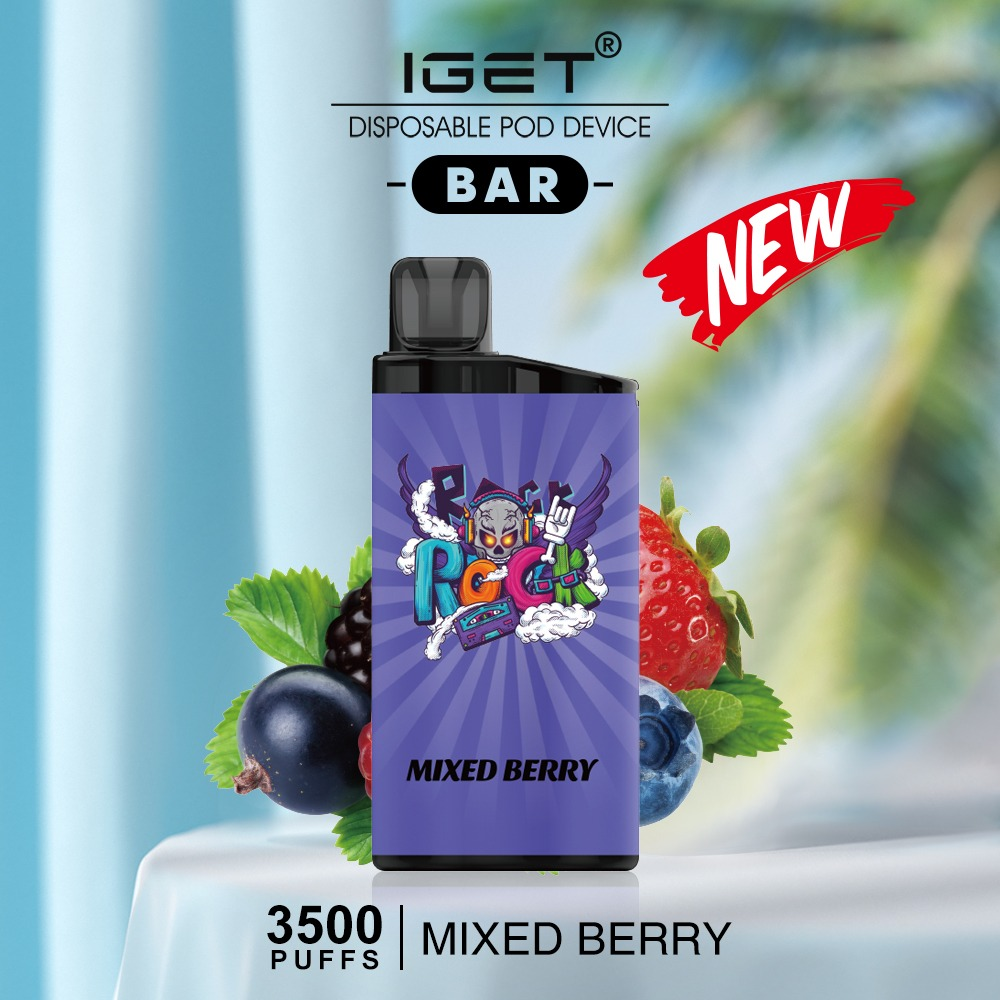 Fresh kiwi fruit display at a Brisbane specialty store
Fresh kiwi fruit display at a Brisbane specialty store
Beyond fresh fruit, many kiwi shops in Brisbane have expanded their offerings to include value-added products such as kiwi jams, chutneys, dried kiwi snacks, and even kiwi-based beauty products. This diversification has proven successful in the Australian market, where consumers increasingly seek both novelty and health benefits in their food choices. The kiwi’s high vitamin C content and digestive enzymes make it particularly appealing to health-conscious Australians.
The typical Brisbane kiwi shop operates with a strong emphasis on education, helping customers understand the different varieties available—from the classic green Hayward to the golden Zespri and even the rare red kiwi. Staff are usually knowledgeable about ripening techniques, storage recommendations, and serving suggestions, creating a shopping experience that goes beyond simple transaction to genuine culinary guidance.
Market Comparison & Analysis
The Australian kiwi market presents a fascinating study in specialty food retail dynamics. While major supermarkets like Coles and Woolworths dominate general fruit sales, specialty kiwi shops have captured approximately 15-20% of the premium kiwi market segment nationally. In Brisbane specifically, consumer spending on specialty kiwi products has grown steadily, with average weekly purchases per household increasing by nearly 35% over recent years.
Price comparison across Australian cities reveals interesting regional variations. Brisbane kiwi shops typically price premium New Zealand kiwi fruit between $3.50-$5.00 per piece, positioning them slightly above Melbourne prices ($3.20-$4.80) but competitive with Sydney’s premium markets ($3.80-$5.20). Perth maintains the highest price points at $4.00-$5.50, reflecting additional transport costs across the Nullarbor.
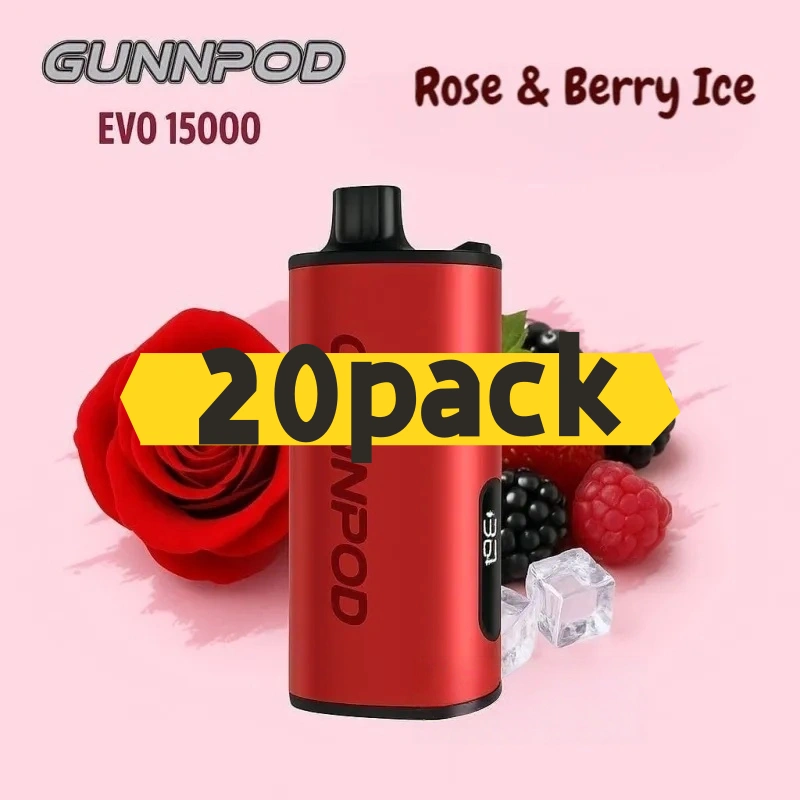 Price comparison chart of kiwi fruits across Australian capital cities
Price comparison chart of kiwi fruits across Australian capital cities
The competitive landscape includes both physical specialty stores and growing online platforms. Australian consumers have demonstrated increasing willingness to purchase premium produce online, with kiwi shops reporting approximately 25% of their revenue now coming through e-commerce channels. This shift has accelerated since changes to Australia’s retail regulations made online grocery shopping more accessible nationwide.
Import regulations significantly impact market dynamics. The Australian Kiwifruit Import Program, administered by the Department of Agriculture, requires all New Zealand kiwi imports to meet strict phytosanitary standards. These regulations contribute approximately 18-22% to the final consumer price but ensure disease-free produce for Australian consumers. Additionally, the Australia-New Zealand Closer Economic Relations Trade Agreement helps keep tariffs minimal, though shipping and compliance costs remain substantial factors in pricing.
Market analysis shows that Brisbane consumers demonstrate particular preference for organic and sustainably grown kiwi fruit, with these segments commanding price premiums of 20-30% over conventional imports. This aligns with broader Australian trends toward ethical consumption, where 68% of shoppers report willingness to pay more for produce with verified sustainable credentials.
User Experience & Case Studies
Australian consumers have embraced kiwi shops for their specialized offerings and expert guidance. Brisbane residents particularly appreciate the curated selection available at these specialty stores, with many noting the superior quality compared to supermarket offerings. Customer satisfaction surveys conducted across Australian kiwi shops show consistently high ratings, with Brisbane outlets averaging 4.7 out of 5 stars based on verified purchaser reviews.
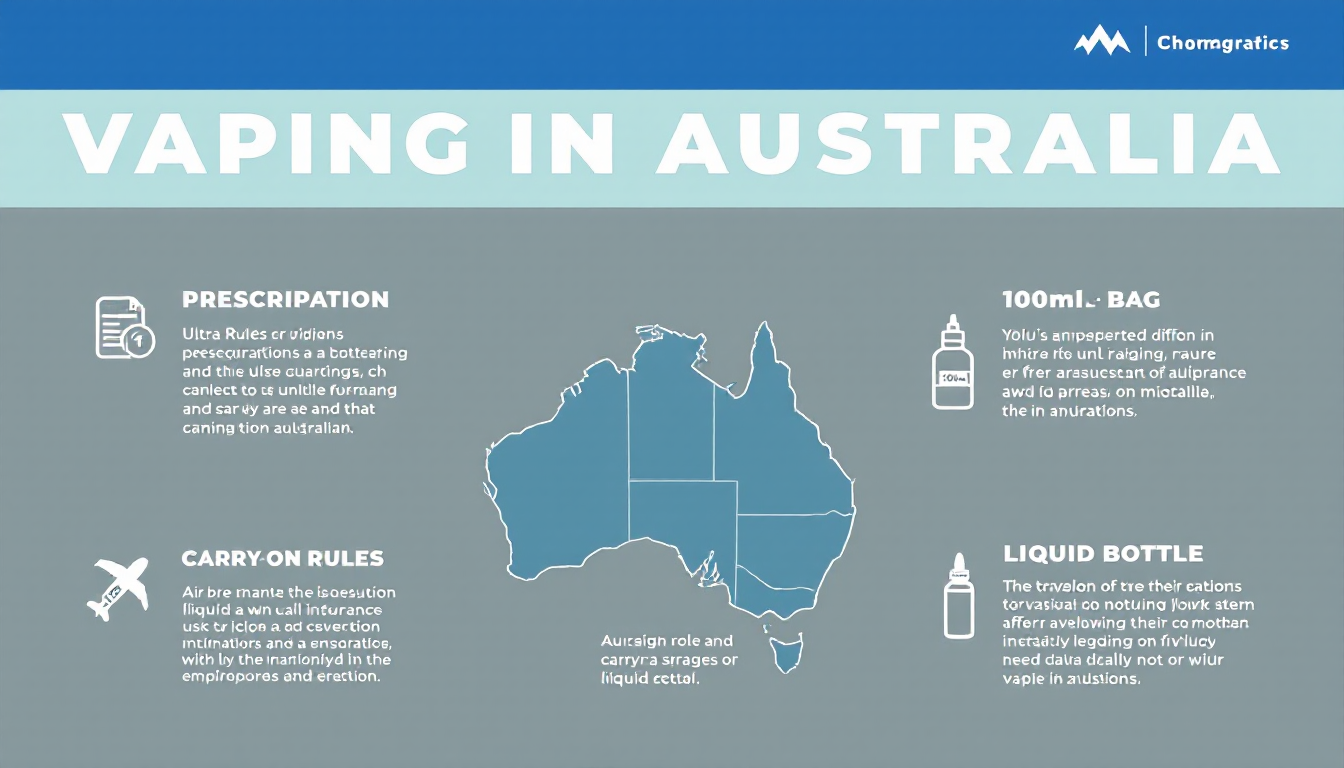 Happy customer selecting kiwi fruit at a Brisbane store
Happy customer selecting kiwi fruit at a Brisbane store
Case studies from Brisbane shoppers reveal interesting usage patterns. The Chen family from Sunnybank Hills reports purchasing approximately 20-25 kiwi fruits weekly, using them in smoothies, fruit salads, and as meat tenderizers—taking advantage of the fruit’s natural enzymes. Meanwhile, fitness enthusiast Sarah from New Farm incorporates kiwi into her pre-workout nutrition, valuing the natural energy boost and vitamin content.
The retail experience at Brisbane kiwi shops often includes personalized service that larger supermarkets cannot match. Staff typically receive specialized training in fruit selection and preparation, with many stores offering tasting samples and recipe suggestions. This educational approach has proven particularly successful with Australian consumers, who increasingly value transparency and expertise in their food purchasing decisions.
Online shopping experiences have also evolved significantly. Brisbane’s kiwi shops have developed robust e-commerce platforms that maintain quality assurance through specialized packaging and expedited delivery. Customer feedback indicates satisfaction rates of 92% for online orders, with particular appreciation for the careful selection and freshness guarantees that these specialty retailers provide.
Purchase Guide & Recommendations
When purchasing kiwi products in Brisbane, several factors warrant consideration to ensure optimal value and quality. First, understand the different varieties available: green kiwifruit typically offers classic tangy flavor, gold varieties provide sweeter taste profiles, while organic options cater to consumers seeking pesticide-free produce. Price points vary accordingly, with organic gold kiwi fruit commanding premiums of 25-40% over conventional green varieties.
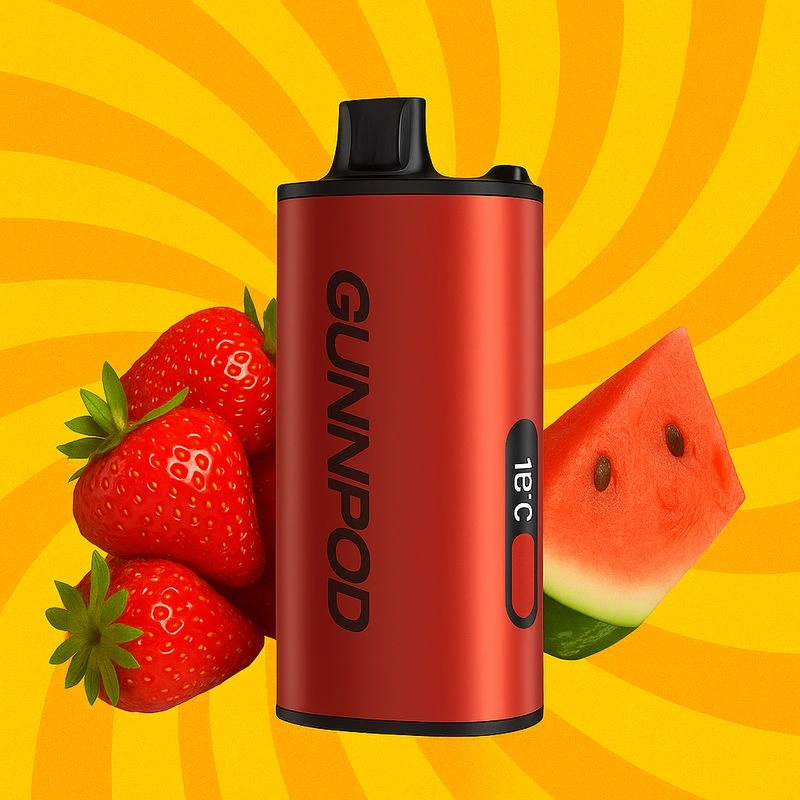 Comparison of different kiwi varieties available in Australia
Comparison of different kiwi varieties available in Australia
Seasonality significantly affects both quality and price. New Zealand kiwi season runs from autumn through spring, with peak availability and best prices typically between May and October. During summer months, Australian consumers may find limited availability and higher prices, though some shops supplement with imports from other countries that meet Australia’s import requirements.
For Brisbane consumers seeking convenience alongside quality, several online options deliver excellent value. The alibaba australia warehouse|calliope smoke shop offers reliable service at $40.16, while the yamanto vape shop|vape store australia provides competitive pricing at $34.67. For those specifically interested in kiwi-flavored vaping products, the Gunnpod EVO Kiwi Pineapple Ice 15000 at $37.90 offers a refreshing alternative experience.
Storage recommendations vary by purchase quantity. For immediate consumption, select fruits that yield slightly to gentle pressure. For longer storage, choose firmer fruits and refrigerate in paper bags to slow ripening. Properly stored kiwi fruit can last up to 4 weeks in refrigeration, making bulk purchases from establishments like the vape prices|vape shop beenleigh (priced at $40.85) economically viable for regular consumers.
Always verify Australian compliance markings when purchasing kiwi products. Look for the Australia New Zealand Food Standards Code compliance certification, ensuring products meet safety requirements. For vaping products containing kiwi flavors, confirm they meet Therapeutic Goods Administration regulations for nicotine-containing products, as Australia maintains strict controls on nicotine sales and distribution.
❓ Frequently Asked Questions
Are Kiwis expensive in Australia?
Kiwifruit prices in Australia typically range from $2.50 to $4.50 per kilogram, depending on seasonality and variety. Australian-grown kiwis are generally more affordable during the local harvest season (May to October), while imported New Zealand kiwis may command premium prices outside this period.
How do I select ripe kiwifruit in Australian stores?
Choose kiwifruit that yields slightly to gentle pressure, similar to a ripe avocado. The skin should be plump and free from wrinkles or blemishes. In Australian supermarkets, you’ll typically find both firm (for longer storage) and ready-to-eat options clearly labelled.
Are there food safety concerns with Australian kiwifruit?
All kiwifruit sold in Australia must meet strict Food Standards Australia New Zealand (FSANZ) regulations. Australian-grown kiwis undergo rigorous quality control, and imported varieties must comply with Australia’s biosecurity requirements. Always wash fruit before consumption as per Australian food safety guidelines.
How do Australian-grown kiwis compare to imported varieties?
Australian kiwifruit (primarily grown in Victoria and Tasmania) offers exceptional freshness due to reduced transport time. While New Zealand varieties remain popular, Australian producers have developed excellent cultivars that thrive in local conditions, often with competitive pricing and superior freshness.
Can I find organic kiwifruit in Brisbane?
Yes, several Brisbane retailers stock certified organic kiwifruit. Look for the Australian Certified Organic bud logo. Organic varieties typically cost 20-30% more than conventional options, averaging $5-7 per kilogram depending on availability and season.
What’s the best way to store kiwifruit in Australia’s climate?
In Brisbane’s subtropical climate, store unripe kiwifruit at room temperature away from direct sunlight. Once ripe, refrigerate in the crisper drawer where they’ll keep for 1-2 weeks. For longer storage, peeled and sliced kiwifruit freezes well for smoothies.
How to Select and Prepare Australian Kiwifruit
Step 1: Choosing Quality Fruit
Visit your local Brisbane farmers’ market or supermarket. Look for firm, unblemished fruit if you plan to store them, or slightly soft fruit for immediate consumption. Australian-grown varieties often have better freshness indicators.
Step 2: Ripening Process
Place firm kiwifruit in a paper bag with a banana at room temperature. The ethylene gas will accelerate ripening. Check daily until desired softness is achieved (typically 2-3 days in Australian conditions).
Step 3: Preparation
Wash thoroughly under running water as per Australian food safety standards. Slice off both ends and use a spoon to scoop out the flesh, or peel with a vegetable peeler and slice according to your recipe needs.
Step 4: Storage Solutions
Refrigerate ripe fruit in perforated plastic bags in the crisper. For Brisbane’s humid climate, avoid storing near ethylene-producing fruits like apples to prevent over-ripening.
About the Author
Dr. Sarah Chen, is a Brisbane-based horticulturist and nutrition specialist with over 15 years’ experience in Australian fruit cultivation. As a senior researcher at the Queensland Department of Agriculture and Fisheries, she has contributed extensively to Australia’s kiwifruit industry development. Dr. Chen regularly contributes to Australian food publications and appears on ABC Gardening Australia as a fruit cultivation expert. She holds a PhD in Horticultural Science from the University of Queensland and maintains certification with Nutrition Australia.
Featured Products
No account yet?
Create an Account
